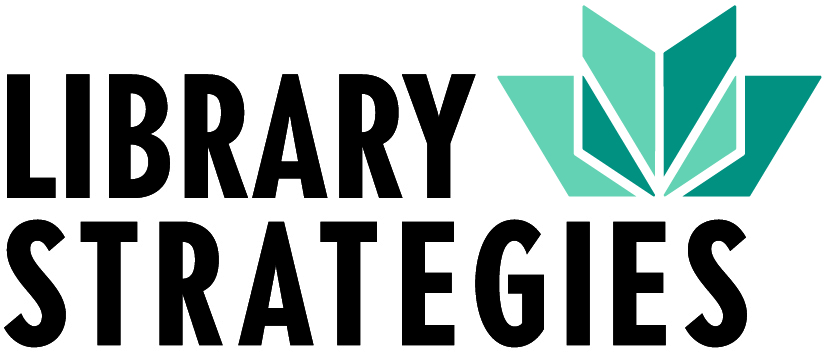On Hearing and Being Heard
One key principle of a good strategic planning process (and frankly, many other processes) is to listen before you speak. At Library Strategies, we like to embed multiple ways to listen during every project. For example, we always include an anonymous staff survey, in addition to holding focus groups with library staff. The focus groups occur after the survey and often include many of the same questions, but the overlap is purposeful. In the places where the feedback is consistent between the two opportunities for comment, we find much of the meat for planning.
It is a known, among those who study and work in libraries, that each one is a universe of its own, and we don’t believe in a one-size-fits-all approach to libraries. It just wouldn’t work. However, there are certain constants, and from my early days summarizing survey feedback for Library Strategies, I’ve been fascinated by the commentary that pops up repeatedly, if with particular variations in tone and theme, in survey after survey. I would like to share one of these “usual suspects” and hope that our readers find the universality at least as interesting as I do.
One of those constants we see is some variation on “communication between frontline staff and Library administration” needs to be more consistent, transparent, and clear. Staff and administration want to cross the moat between them, but the existing communication barriers make it difficult. In the most extreme cases, feedback from front-line staff is that they do not feel like stakeholders in Library decisions when they are the ones who must enact those decisions. A breakdown in work culture can follow in the wake of this disconnect. We’re seeing this writ large in employment culture across the country, so it is no surprise that it should appear in library land, but how do we address it in our work with libraries?
I asked David Katz, Programs and Services Manager with The Friends of the Saint Paul Public Library, and veteran of survey feedback compilation, focus groups, and on-the-ground observation, to identify a few common examples of communication breakdown and for his usual approach to addressing them.
- Communication around a very specific issue – In this case, focus group can help suss out the difference between the need for a broad reevaluation of a library’s internal communication structures and the need to address one issue in depth. It may just be that you need transparency around personnel changes, for example, and are doing just peachy with everything else.
- Staff feels disconnected from many aspects of library operations – The answer here is regular communications on a timetable that staff can expect and count on. All-staff emails on Mondays or Fridays work well in organizational settings where routine staff meetings are impractical or needed to address other internal operations. It can feel like things fall off agendas, so it is important to address those items in some capacity.
- Communication has broken down with individual staff – David says: “It is easier to pinpoint and address this kind of grievance in organizational cultures where a feedback loop is in place.” Regular check-ins with supervisors beyond the performance review, and “open door/office hours” policies help.
All this is said understanding the levels of “busy” involved in daily library work. Leadership can get bogged down in the minute details of running an organization; frontline staff may not have time for a cup of tea, much less a sit-down in someone’s “open door.” When you build these check-ins and feedback loops into your plan, they become habits, not additional to-dos. And when all else fails, remember that we all just want to be heard. So ask yourself: “Have I listened lately?”
